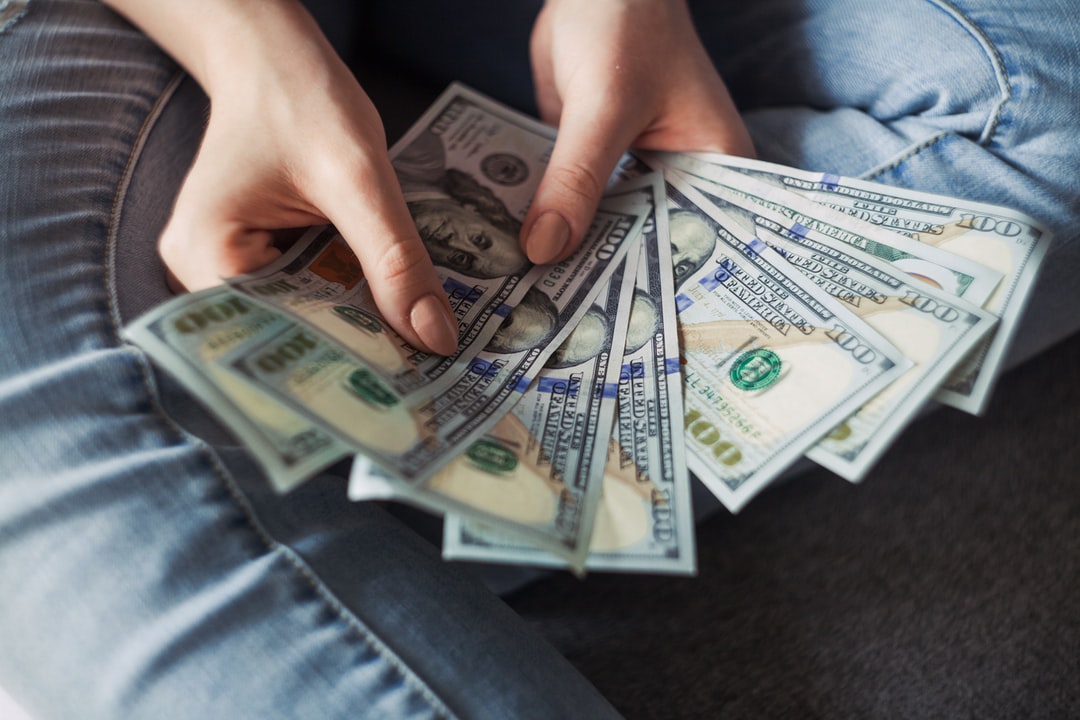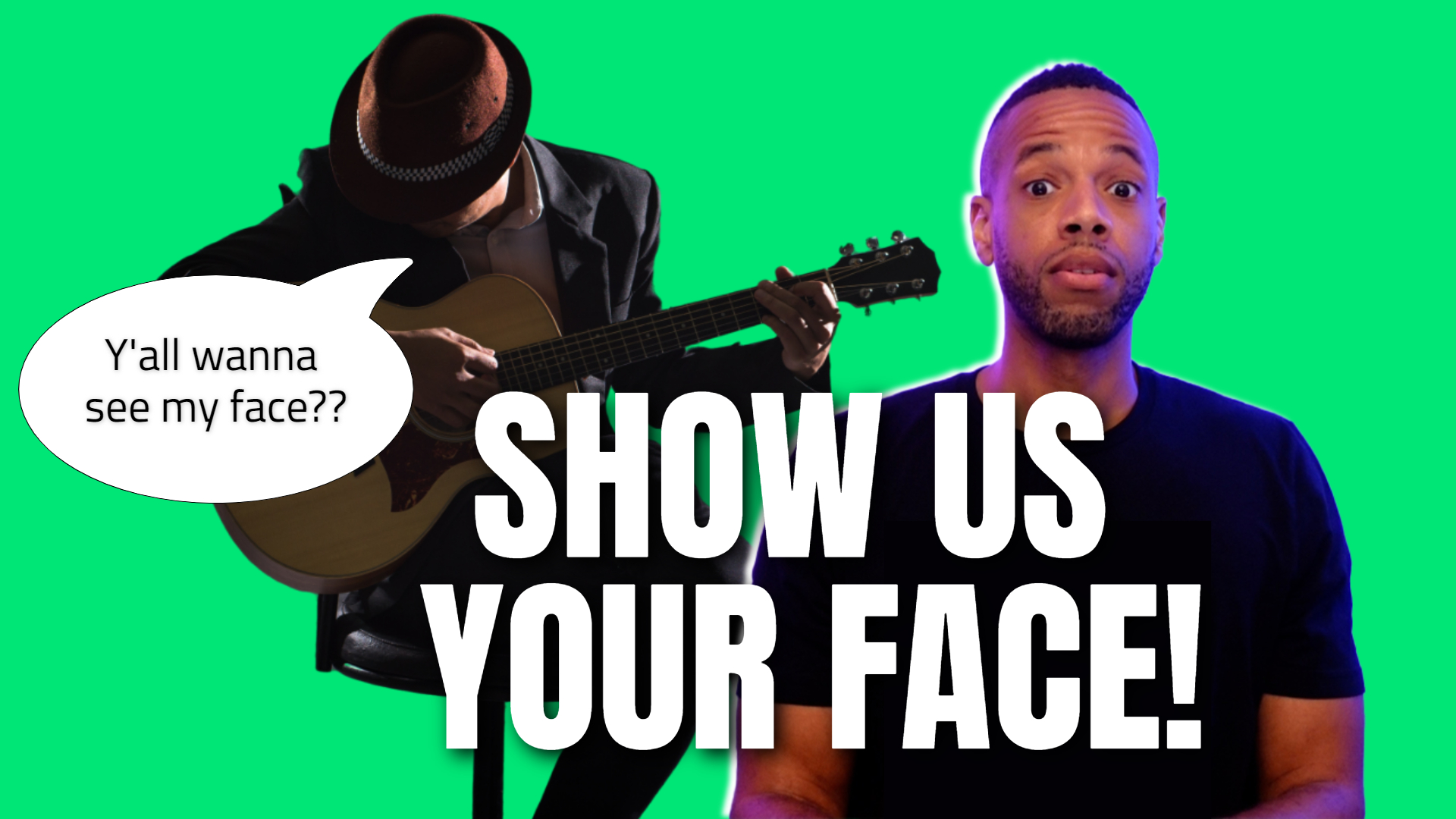Tax Tips for Musicians: 10 Secrets You Should've Known Sooner

*This article may contain links to affiliate products & services. We have reviewed these services to try and ensure the highest quality recommendations*
Written by Ramsey Brown.
Taxes are notoriously tricky — especially when you are self-employed as a full time musician. If you have made a professional career out of music, it should be viewed as your business that you are the boss of.
When you are a working musician or own your own business, there are a ton of expenses that come out of your own pocket. But the great thing is, you are entitled to deduct these expenses to reduce your tax liability.
Tax season is right around the corner and although most Americans dread this time of year, music artists have the opportunity to use the system to their advantage.
Music presents unique problems in an income tax audit. While people with ‘regular’ jobs have federal and state taxes withheld from their paychecks, most musicians don’t. This means musicians have to pay a larger sum of taxes on the backend from any income made from live performances, royalties, merchandise, etc.
But to offset this, musicians have a lengthy list of write-offs that the IRS deems as deductible expenses. Which means, artists can get a significant amount of money back in their pockets each year.
If you are a musician, producer, songwriter, band member, owner of a recording studio or record label, you could be saving hundreds, if not thousands of dollars in taxes — if you know how to do them correctly, that is.
10 Tax Tips ALL Musicians Need To Know
Taxes aren’t the hottest topic of discussion, but one of the biggest mistakes a musician can make is avoiding the conversation completely. Taxes are only an inconvenience when you don’t have the proper knowledge to do them correctly.
With the right information and guidance, tax season is actually an opportunity for artists to make a decent amount of money back on all their business expenses they incurred throughout the year.
Now, we are no tax experts and this is not financial advice, however, the team at Omari MC are experts in the music business and helping artists succeed in every aspect of their careers. Which is exactly why we have compiled a list of 10 tax secrets that we want to let all musicians in on:
1. Keep ALL Spending Records & Records
Musicians are lucky in the fact that they have a huge list of eligible tax write-offs. However, unless you keep up with your spending throughout the year, you will have no proof to show the IRS that your money was spent on business purposes.
It can be a burden keeping up with receipts from 12 months time, but it’s completely necessary if you want to make money instead of paying money to the IRS. Luckily, there are apps that make keeping track of your spending records a breeze.
Expensify, Recieptmate, Shoeboxed, among others are excellent apps that take the hassle of keeping track of paper receipts by scanning them and uploading them to your smartphone. So, when tax season rolls around, you’ll have every business expense throughout the year accounted for. All in one place, ready to send to the IRS as write offs
2. Understand Your Write-Off Options
Musicians throw aways hundreds of dollars each year simply because they don’t know anything about the deductible write-offs that are available to them. According to the IRS, working musicians fall under self-employment, meaning they can deduct business expenses as long as they are ordinary and necessary and incurred in connection with your profession.
So, as long as you can prove it’s primarily for business use, you can deduct it. Below we are going to share some IRS approved tax write-offs that you should begin taking advantage of now for the upcoming tax season.
3. Music Gear, Equipment, & Software
The IRS allows tax paying musicians to expense up to $500,000 of equipment, plus a write off of the full cost of the purchase. Whatever you buy that is necessary to make and play music is tax deductible. This includes instruments, PA systems, cables, mics, music books, software packages, hardware for a home studio, and everything in between.
So, next time you purchase any audio equipment, upgrade to a newer music software program, or buy something for your personal studio, keep record of that spending so you can write it off later.
4. Home Studio/Office
If you have a dedicated space in your home that is used exclusively for your music production or music business, then you may be able to qualify for a home office deduction. This can include a home recording studio, rehearsal space, equipment storage, teaching studio, or office space that you use for meetings, accounting, record keeping, etc.
The formula for calculating home office deductions depends on a number of factors such as square footage of the business space vs. home space, square footage of the home, associated costs like rent, mortgage interest, condo fees, utilities, insurance, repairs, plus more.
We suggest you talk to your accountant or tax professional to see how much deduction your home studio or office can qualify for.
5. Travel Expenses
There are many expenses you encounter as a musician that can be written off for tax deduction later down the road. Expenses related to performances, auditions, recording, and co-writing sessions all fall under this umbrella.
This also includes mileage and lodging while you are traveling to and from business related events. Business travel is 100% deductible for tax purposes.
6. Meals & Drinks
Did you know that grabbing food or drinks over a business discussion can be deducted from your taxes? Any time you take out other musicians, agents, venue owners, promoters, producers, lawyers, etc. for a meal to talk about music or business, you can get money back come tax season.
Although the IRS won’t cover every tab you cover in full, they will give you a 50% deduction for any meals taking place over a business discussion. Just make sure you keep your receipts and note what exactly the breakfast, lunch, or dinner meeting was for!
7. Note Explanations for Every Expense
Not only must artists keep well track of their business receipts and payment records, but they also need to keep note of the reason for them. For every expense you need to provide who, what, where, when and why in a business-like format.
Your dinner receipts or mileage records will not be enough to prove to the IRS that they were business related. You’ll have to note what the dinner was for, the discussions that took place, who the dinner was with, and any additional detail that can confirm it was related to your music business.
The more information you can provide to the IRS, the more refund you are likely going to receive. Keeping up with so much information can be a headache, but well worth it when you get a huge check back from the IRS.
8. Beware of Grey Areas
There are a lot of grey areas when it comes to what musicians can and cannot write off on their taxes. This is because an artist’s business and personal expenses often tend to intertwine, and it becomes tricky trying to prove to the IRS what was used for business and what wasn’t.
For example, if your home office or studio is your primary place of business, the travel to and from home is not a business commute and therefore that mileage is not deductible. The best way to know what can and cannot be deemed as a business expense is to contact your accountant or tax professional.
Make a list of everything that you are able to write-off or deduct. This way, it’s easier to remember what you should or shouldn’t be keeping track of.
9. Set Aside Income for Paying Back
Because musicians don’t typically have taxes withheld from their paychecks, they are required to pay a bigger lump sum of taxes at the end of the year. One very common mistake that artists and other 1099 employees make is failing to set aside money in order to make their payment.
A good rule of thumb and habit all musicians should make is setting aside a percentage of their income earned every quarter to pay the IRS. The standard is 30% of your gross to account for both federal and state taxes, but could be more or less depending on the state you live in.
Generally, it’s better to pay more taxes throughout the year than to get stuck with a large tax bill at the end of the year. Especially if the time comes around and you don’t have enough money to pay back the IRS. Which could then lead to more trouble like penalties, fines, or late fees.
10. Get Your Royalties Right
Royalties can be appointed to either Schedule C, where you report self-employed income, or Schedule E, where you report passive income.
If you are actively earning royalties for your current music, it should be reported on your Schedule C and it would be subject to self-employment tax. If you're earning these royalties from something you created or produced in the past, it would go on Schedule E and be subject to a lower rate.
The tax rate you pay depends on how much you make, from as low as 10% of taxable earnings to as high as 39.6%.
Wrapping Up
We hope that after reading this article, you feel more inspired to take your taxes more seriously. Although it is a pain to keep up with, the money you can potentially get back will prove to be worth the headache.
If you are a professional musician, we highly recommend you reach out to an accountant or tax expert ASAP for advice on how to properly file your taxes and report your business expenses. This way, you can worry less about paying the IRS, and look forward to them paying you.
When your song is ready to go, it's time to start promoting it to potential fans! Omari has the best organic promotion services money can buy. With packages for Spotify, TikTok, Instagram, and YouTube, we will get your music the traffic and attention it deserves! Click below for more information.
SPEAK YOUR MIND
How This INDIE Artist Got Over 67,598,275 Streams On ONE Song
Join the No-Nonsense Music Marketing Newsletter to get the most valuable weekly case studies and strategies to grow your music business!




